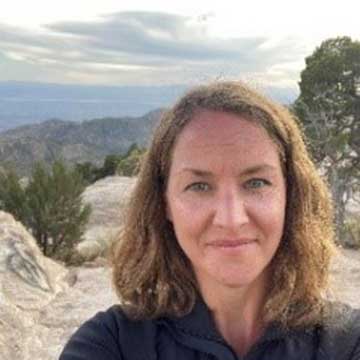Many of the skills direct support professionals learn in their careers naturally align with a career in education. For example, both professions require competency in positive behavioral interventions, effective verbal and nonverbal communication techniques and inclusive practices that meet the needs of a diverse population. Working as a direct support professional in college while you work on your degree for education can be a great way to build a competitive resume.
 Nicole started her career as a direct support professional and now works as a physical and health disabilities teacher for Northeast Metro 916. Here is her story:
Nicole started her career as a direct support professional and now works as a physical and health disabilities teacher for Northeast Metro 916. Here is her story:
What experience did you have in providing direct care?
I started providing direct care services after high school while I attended college. I have provided direct care in a wide variety of settings including group homes, in homes and the community as a PCA for children and adults with disabilities, as a private educational home health aide, and for Friendship Ventures as a camp and respite counselor.
What career do you have now?
I am currently in my 10th year with Northeast Metro 916 as a physical and health disabilities teacher.
How does your early experience doing direct care help you to be effective in your current job?
It was my experience as an educational home health aide that led me most directly into my career path. I worked for a family who had a son with significant physical and health needs. I started working in their home providing direct care. I then was able to go to school with him and learn what it was like to support a student with his level of physical and health needs within a school environment. While I worked in this setting I began to take classes to obtain my masters in special education with licensures in the areas of physical and health disabilities and developmental and cognitive disabilities.